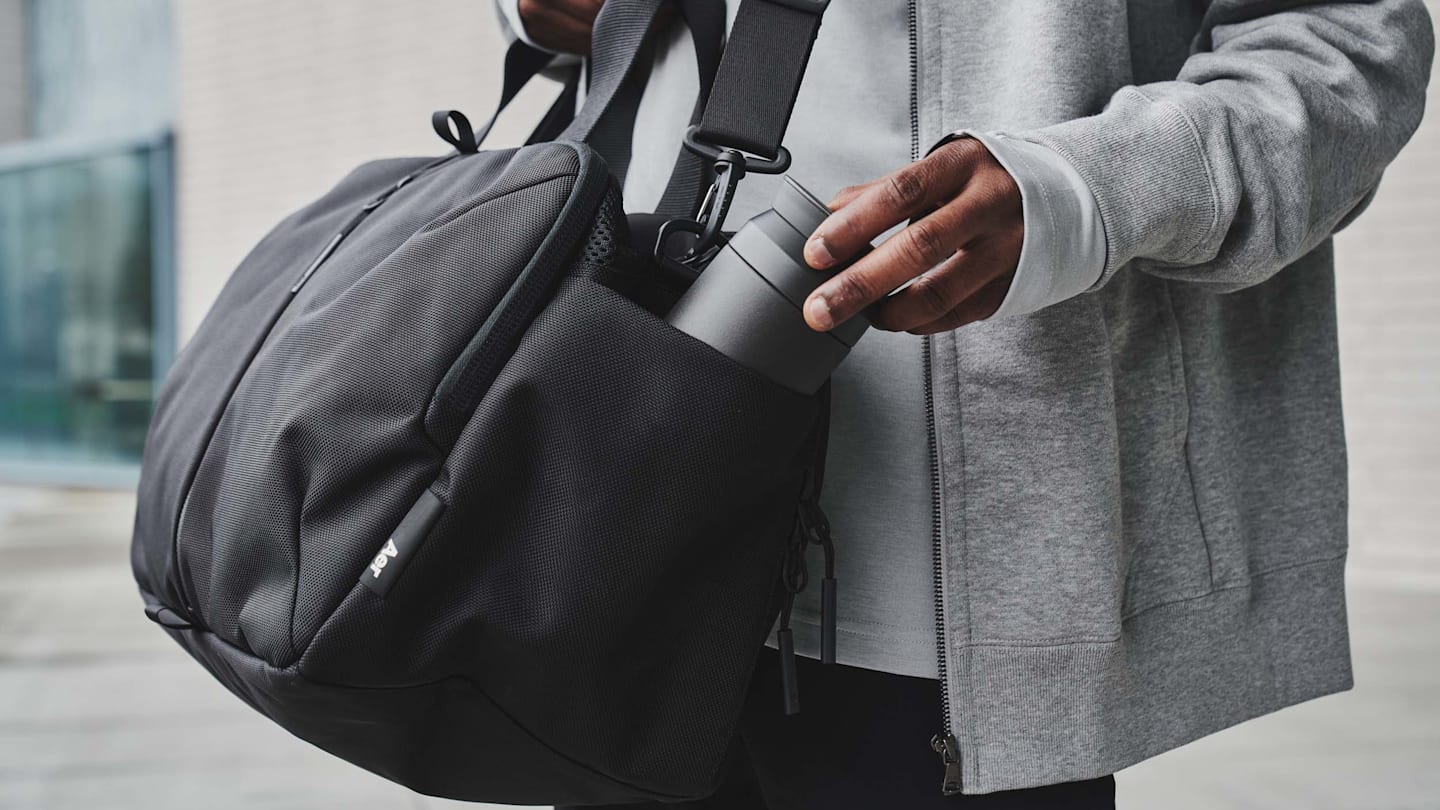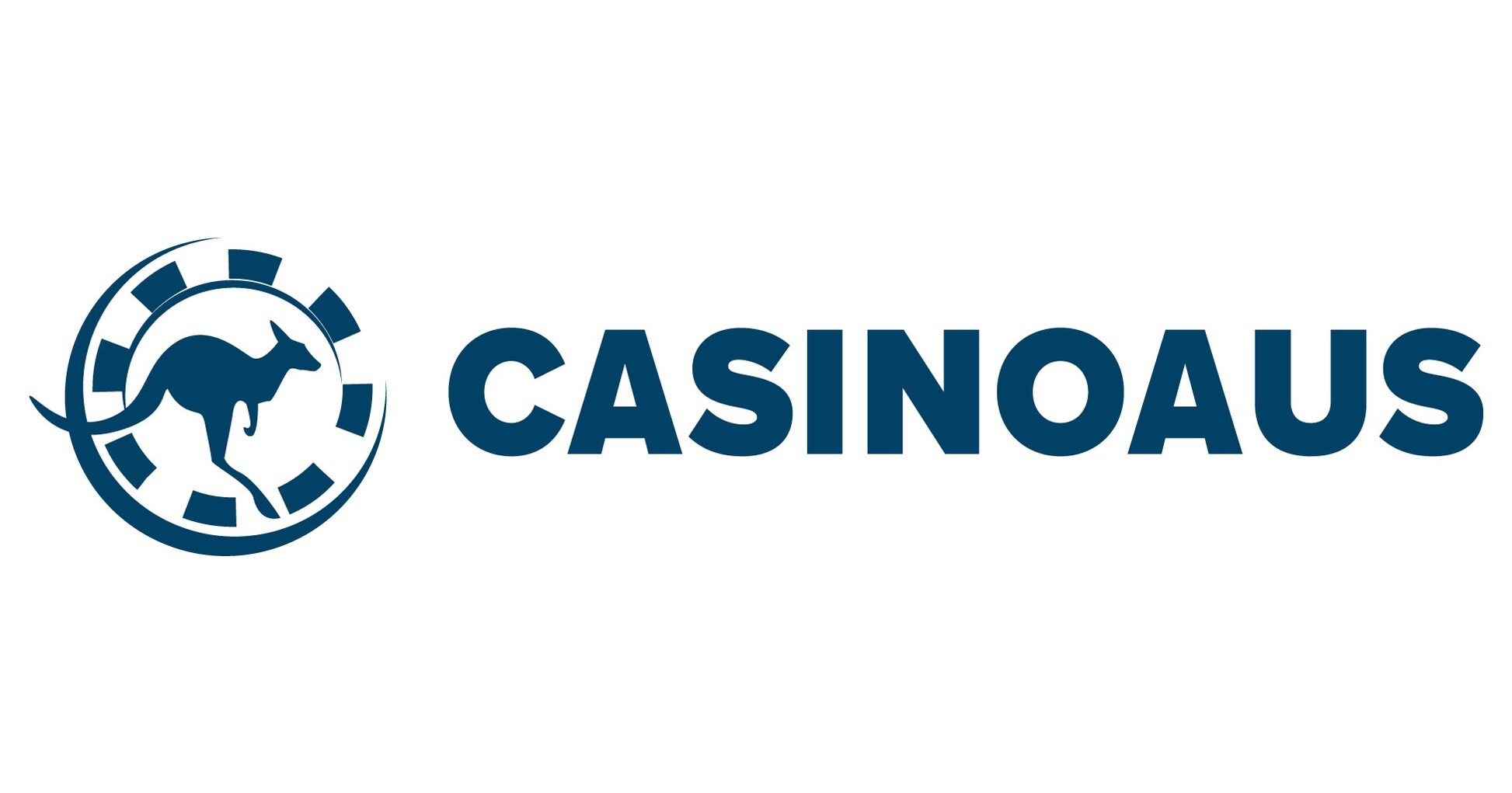Bussiness
Questions Business Leaders Should Ask About Influencer Marketing

Influencer marketing is everywhere these days. According to McKinsey, “the influencer marketing economy was valued at $21.1 billion” in 2023. From beauty brands to restaurants, many companies are turning to influencers to generate business. In the business world, I’ve observed that a common belief around influencer marketing is that it will help brands be more authentic.
But I want to challenge that belief. When I used influencer marketing for a previous business of mine, I had, quite frankly, a negative experience to the point where I don’t think I’ll use that marketing strategy in the future. That’s not to say that all influencer marketing is bad and that business leaders should never use it. Instead, I think there are critical questions that we, as business leaders, should be asking about influencer marketing before deciding to go down that path.
1. Can there really be authenticity when money is on the table?
First, I want to explore the concept of authenticity in influencer marketing.
In my view, even if a brand tells an influencer that they should publicly share their honest opinions about a product or service, when there’s money involved, the dynamic shifts — there’s arguably more inclination to give a positive rather than a negative review. For instance, if someone paid you, say, $250 to review a new line of high-end luggage, you might feel more tempted to share positive thoughts in the hopes that the collaboration will continue; you might fear that if you don’t, the relationship will sour.
2. What’s the line between false advertisements and genuine content?
This brings me to my next point. I’ve observed that with much influencer marketing content, the line between ads and genuine content gets blurred.
Granted, the FTC has disclosure guidelines for influencers. But even when all the disclosure guidelines are met, there can still be blurriness. For instance, say a skincare influencer creates an Instagram Reel with the right disclosure that it’s an ad and praises a new eye cream, stating that it brightened their dark circles. However, without the brand and consumers knowing, the influencer has been getting routine chemical peels for their dark circles — rendering the content, in and of itself, a false advertisement. It begs the question, what is that influencer truly selling? This problem can be especially serious in certain industries, such as beauty and fashion.
3. Are the influencers we want to work with ones who already care about and align with our personal and brand values?
In my view, there are two groups of influencers. The first group consists of influencers who promote lifestyles, ideas, products and services they already care about and align with. The second group consists of influencers who promote lifestyles, ideas, products and services that they don’t particularly care about or align with.
The Rolling Stone Culture Council is an invitation-only community for Influencers, Innovators and Creatives. Do I qualify?
The most successful influencer partnerships, I believe, stem from working with influencers in the first group who care about what you care about and whose values align with your personal and brand values. For example, it’s one thing for a vegan snack brand to partner with an influencer who has been living and championing that practice for a decade and another for that brand to partner with an influencer who treats veganism as a trend.
4. Can celebrity partnerships be more effective than other influencer arrangements?
When I was running my former business, I worked with celebrities. I got a lot of value from those celebrity partnerships and felt more at ease about them. Why? Because, by and large, celebrities are generally more well-known by the public.
But for the most part, influencers aren’t necessarily as well-known as celebrities. Additionally, they market themselves to brands based on their reach, but research has uncovered the reality of follower fraud. When a brand signs up to work with an influencer, they may not be getting the reach they think.
5. How will ROI be measured?
Unlike with other forms of marketing, it can be more challenging to measure ROI from influencer marketing. Business leaders should carefully think through how they’ll measure ROI before launching an influencer marketing campaign.
Consider a fitness influencer who makes content about a new dumbbell brand on their YouTube channel. The video might get hundreds of thousands of views. Some of the people who saw the YouTube video immediately ordered from the brand using the influencer’s unique promotional code. That’s easy for the brand to track. Other consumers, however, saw the video and didn’t think about the dumbbells again for some time. But when they visited a retailer, they saw the dumbbells on display, remembered the influencer’s video and decided to purchase them. The influencer’s video was a major driving force in those consumers’ purchasing decisions, but that’s data that’s pretty much impossible to get.
6. Does everything need to be so transactional?
Brands need to market themselves. To think otherwise is to be unrealistic. Influencer marketing is one of the leading advertising strategies today. But often, I find myself thinking: Does everything need to be so transactional? What if brands lessened their reliance on influencer marketing and just let hype for their products and services spread naturally?










